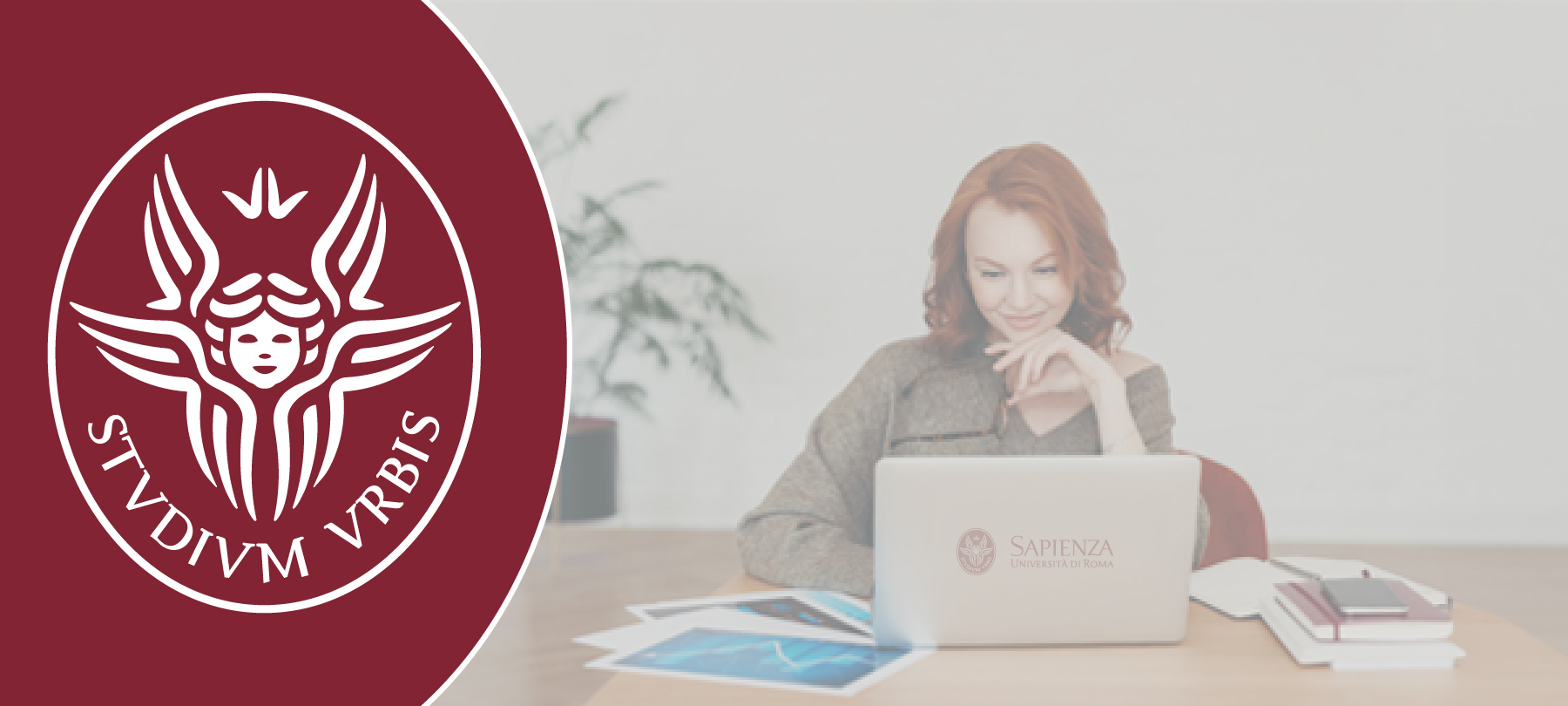Topic outline
-
-
NOI CI SIAMO
-
Dear Students,
the course will start on Monday September 30th
The timetable is
Monday 4-6 pm
Wednesday 4-6 pm
Aula B (Tecce) CU026
Lectures will be in person only.
Please take note that the profit assessment will be done in different modes for attending and non-attending students:
Attending students can participate in projects during the course that will contribute to the final assessment.
For nonattending students, the exam is on the entire program with a written and oral assessment.•
-
Cellular and Molecular Physiology.
Introduction: homeostatic control, positive and negative feedback
Cellular and molecular bases of intercellular communication- synaptic paracrine and hormonal
Synaptic transmission – molecular determinants of electrical and chemical neurotransmission
Physiological and pathological alterations of ionic equilibrium, ionic channels and receptors
- Short and long term synaptic plasticity of glutamatergic receptors
- Channelopathies of cardiac muscle (long QT syndrome), skeletal muscle (myasthenia), epileptic and ALS associated channelopathies
- Neuronal chloride homeostasis: membrane transporters and their regulation during development and epilepsy – depolarizing GABA
Molecular determinants of sensory perception: signal transduction pathways in chemical senses, vision and hearing
Neuron-glia interaction in CNS functions:
- Astrocytic functions
- Tripartite synapse
- Migroglial functions
- Microglial involvement in synaptic remodelling
- Chemokines as signals of neuron-glial communication
- Neuroprotection and neurotoxicity of glial cells
- Microbiota gut brain axis
Neuro-hormonal communication in the regulation of: sleep-wake rhythms, salt water balance, blood glucose control, growth and metabolism. -
SPW are due before January 10th, 2024 at 6.00 PM
-
-
